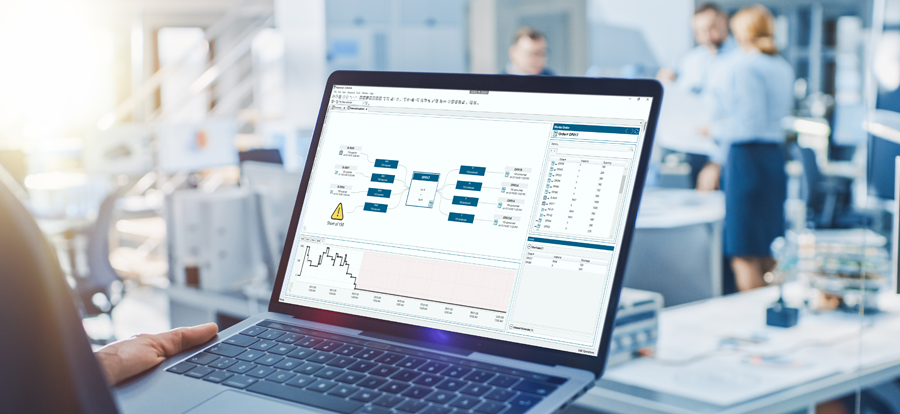What is ERP and how does it work?
ERP stands for Enterprise Resource Planning. It is a software system that integrates various business processes and functions within an organization into a single unified system. The primary purpose of ERP is to streamline and optimize business operations, improve efficiency, and facilitate better decision-making by providing real-time access to critical data.
Here's how ERP works:
Centralized Database: At the core of an ERP system is a centralized database that stores all relevant data from different departments and functions of the organization. This includes data related to finance, human resources, inventory, sales, procurement, manufacturing, and more.
Integration of Processes: ERP software integrates all the key processes and functions of the organization into a unified system. For example, when a sales order is generated, the ERP system can automatically update the inventory and trigger the production process if the stock level is low.
Real-time Information Sharing: As all data is stored in a central database, any update or transaction in one department is immediately reflected across the entire organization. This ensures that everyone has access to real-time information, which fosters better collaboration and decision-making.
Automation and Workflow Management: ERP automates many routine tasks and workflows, reducing manual efforts and the chances of errors. This leads to increased productivity and efficiency within the organization.
Data Analytics and Reporting: ERP systems often come with built-in reporting and analytics tools that allow users to generate customized reports and gain valuable insights from the data. This helps in making informed decisions and identifying areas for improvement.
Scalability and Customization: ERP systems are designed to be scalable, meaning they can adapt to the changing needs and size of the organization. Additionally, ERP systems can be customized to cater to specific business requirements.
Security and Access Control: Data security is a crucial aspect of ERP. Access to sensitive information is controlled through user authentication and authorization mechanisms, ensuring that only authorized personnel can view or modify certain data.
Mobile and Cloud Access: Modern ERP systems often offer mobile applications and cloud-based access, allowing users to access critical business data from anywhere and at any time.
Overall, ERP systems play a vital role in modern businesses by streamlining processes, increasing productivity, enhancing collaboration, and providing data-driven insights. They are especially valuable for large enterprises and organizations with complex and interconnected operations. Implementing an ERP system requires careful planning, training, and alignment with the organization's objectives to fully leverage its benefits.

.png)

Comments
Post a Comment